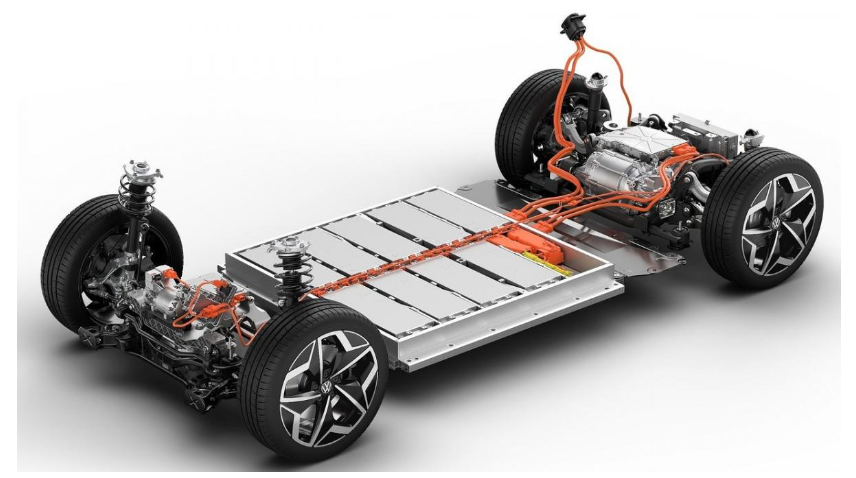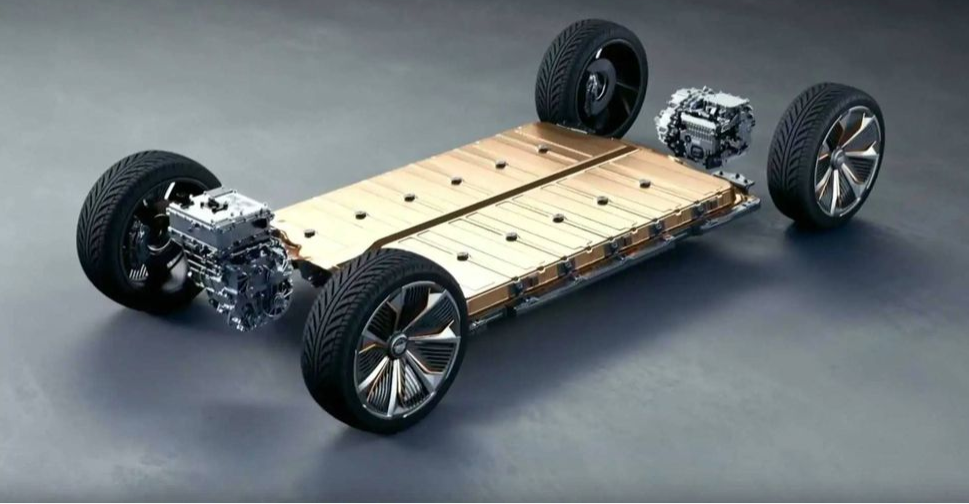New research from global technology intelligence firm ABI Research said that U.S. electric vehicle (EV) battery recycling plants are planning to have the capacity to recycle 1.3 million electric vehicle battery equivalents per year, but only 341,000 will be available by 2030.
Dylan Khoo, EV Sector Analyst at ABI Research, expressed concern about the lack of capacity to recycle EV batteries, “but it’s just the opposite.”
“Current plans for recycling plants anticipate that capacity will far outstrip the supply of used batteries. This will lead to uneconomical utilization rates or, more likely, a delay or reduction in recycling projects,” he says.

Read also: BYD to Boost Brazilian Presence with R$ 5.5 billion investment
Projections
“We expect recycling plant plans to be revised to take into account the shortage of EV battery waste and the increased demand for these batteries, which will put pressure on recyclers,” Khoo points out.
He said this will have knock-on effects, further weakening the business case for second-life applications, as used batteries are more likely to go straight to recycling rather than being reused.
By 2030, about one-third of electric vehicle battery waste will be end-of-life batteries installed in automobiles, which have reached the end of their useful life and are recycled.
The rest will come from factory scrap: batteries that do not pass quality control on production lines and go directly to recycling.
For the planned battery recycling plants to reach a viable utilization rate, there must be either a massive reduction in EV battery life or a gigafactory throughput rate, neither of which is likely.




